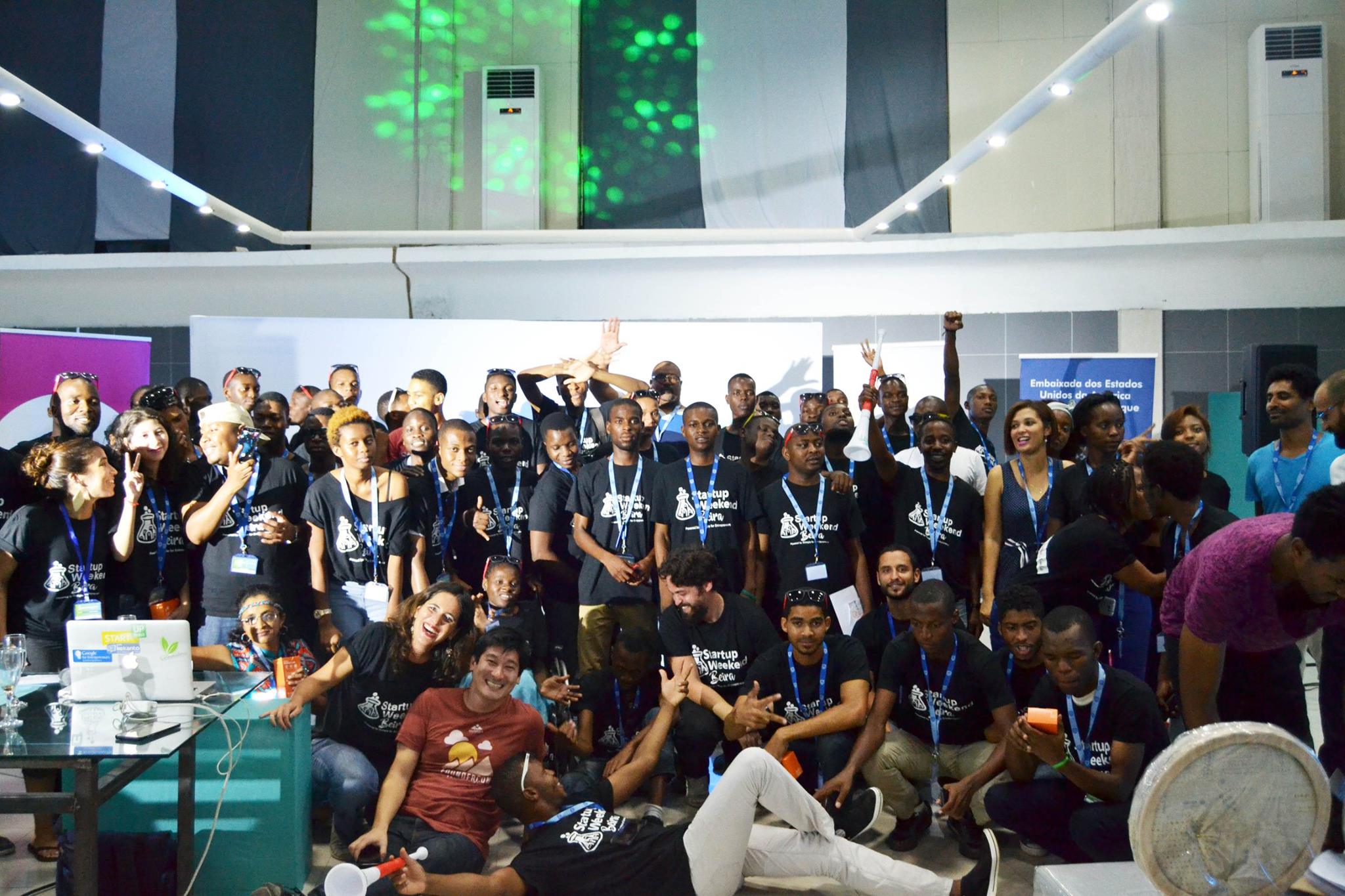
Tech solutions for Social and Economic Impact
UX
UX is an award-winning Mozambican company developing locally relevant, market-driven and self-sustainable tech-based products and services for high social and economic impact in emerging markets. They pioneered a novel bootstrap approach for start-ups in markets with no access to impact investment and poor services. This by providing affordable tech consultancies for development agencies and businesses in exchange for ownership of the products created. By using the know-how of development experts and tying it to their product and business design experience, they have ensured that development programs become selfsufficient after donor fund depletion. This has allowed UX to create their own disruptive solutions by aligning commercial success to social good.
UX, based in Maputo, currently provides IT solutions and support to 3 different sectors:
- Employment: providing platforms for web and mobile recruitment.
- Education: implementing technologies for training and education.
- Financial Inclusion: creating mobile services for the unbanked


Connecting Tradepeople with Customers
One of the most innovative products of UX is ‘Biscate’, an online job board, which connects tradespeople working in Mozambique’s informal economy (which far outweighs the formal sector) to middle-class customers, who once had to look for signs on trees to find a plumber or electrician. The service is designed to work not only on smartphones but on many workers’ low-cost basic handsets. At the last count, 47,000 workers were connected to 25,000 customers.
Low data costs leading to popularity of mobile money
Another sector UX is looking at is ‘informal finances’. Mobile money platforms such as Vodacom’s M-Pesa, which came to Mozambique in 2013 after being introduced in Kenya six years previously, are growing in popularity. In Mozambique, mobile data costs are among the cheapest in Africa: one gigabyte cost as little as $2.71, compared with $7.67 in neighbouring South Africa, according to an index from Research ICT Africa (2nd quarter 2018).
